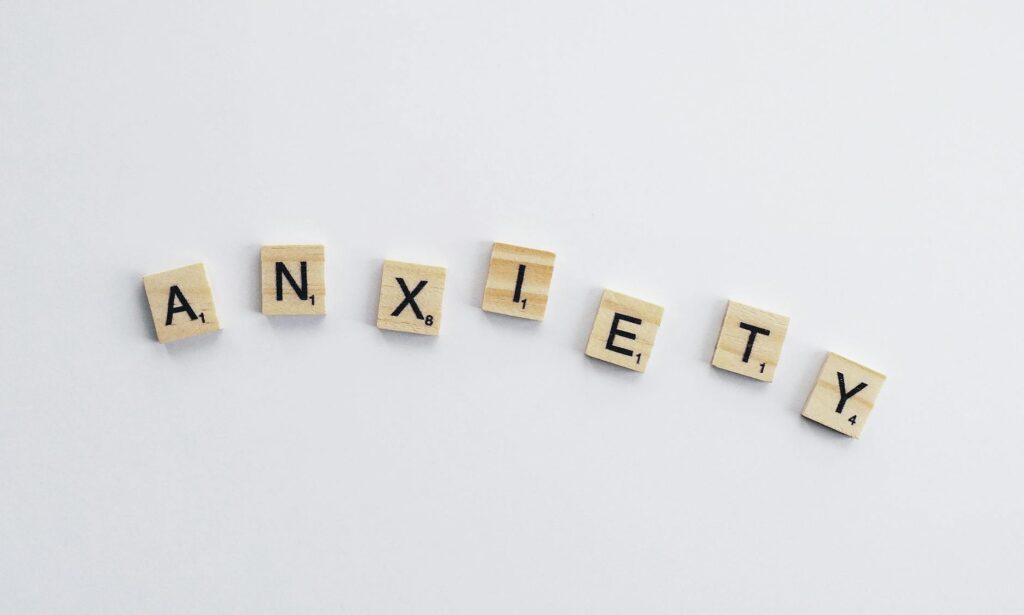Exams are just around the corner, and if you’re anything like me, the anxiety and pressure are starting to build up. I’ve been through this a few times now, and I’ve picked up some tips and tricks that have helped me cope. I want to share these with you, hoping they might make your exam period a little less stressful.

1. Create a Study Plan That Works for You
Everyone tells you to make a study plan, but it’s important to make one that suits your style. For me, breaking subjects into small, manageable chunks makes a huge difference. Instead of thinking about all the chapters I need to cover, I focus on specific topics each day. This way, I don’t feel overwhelmed, and I get a sense of accomplishment as I tick things off.
2. Study in Short Bursts
Marathon study sessions don’t work for me. I find that studying in 25-30 minute bursts with a 5-minute break in between helps me stay focused. I use a timer to keep track. After a few sessions, I take a longer break to relax or grab a snack. This method, often called the Pomodoro Technique, keeps me from burning out and makes studying less daunting.
3. Find Your Perfect Study Spot
Your environment can greatly impact your ability to concentrate. I prefer a quiet corner in the library where I won’t be disturbed. Sometimes, I switch it up and study on a cozy bench outside on campus for a more nature feel. The key is to find a place where you feel comfortable and focused.
4. Practice Self-Compassion
It’s easy to be hard on yourself during exam season. Whenever I start to feel overwhelmed, I remind myself that it’s okay to make mistakes. Being kind to myself helps reduce anxiety. I treat myself like I would a friend – with understanding and encouragement.
5. Visualize Your Win
This might sound a bit out there, but visualizing success can be really powerful. Before I start studying, I take a few minutes to close my eyes and imagine myself doing well in the exam. I picture feeling confident and recalling everything I studied. It helps boost my confidence and reduces stress.
6. Move Your Body
Sitting for hours can be draining. I make it a point to move around. Whether it’s a quick walk, stretching, or even dancing to my favorite song, movement helps clear my mind and re-energize me.
7. Eat and Drink Your Water
I can’t concentrate if I’m hungry or dehydrated. I keep a water bottle and healthy snacks like nuts, fruits, and yogurt nearby. Eating balanced meals and staying hydrated keeps my energy levels stable and my mind sharp.
8. Use Positive Affirmations
Positive self-talk can change your mindset. I have a list of affirmations that I read to myself when I’m feeling anxious. Simple phrases like “I am prepared,” “I can do this,” and “I am capable” help me stay motivated and calm. Get some self confidence boosting affirmations for free in my College Wellness Starter Kit Bundle.
9. Connect with Friends
Sometimes, all you need is a break with friends who understand what you’re going through. I schedule short hangouts or study sessions with my friends. We support each other and sometimes even share tips that help us study better.
10. Get Enough Sleep
Pulling all-nighters used to be my go-to, but I realized they did more harm than good. Now, I make sure to get at least 7-8 hours of sleep. Good rest helps me think more clearly and retain information better.
11. Try Meditation or Deep Breathing
When anxiety hits, I take a few minutes to meditate or practice deep breathing. Focusing on my breath calms my mind and reduces stress. There are plenty of apps with guided meditations if you’re not sure where to start. Headspace is one of the really great ones.
12. Spend Some Time Off Your Socials
Social media can be a major distraction and a source of stress, especially during exams. I limit my time on social media or take a break from it entirely. This helps me focus better and reduces anxiety from seeing others’ posts about their studies or exams.
13. Use Creative Study Techniques
Sometimes, traditional studying can get boring. I mix things up by using flashcards, making mind maps, or teaching the material to someone else. These methods make studying more interactive and help reinforce what I’ve learned.
14. Accept What You Can’t Control
Worrying about the outcome of the exam won’t change anything. I focus on what I can control – my preparation and my attitude. Accepting that I’ve done my best and that some things are out of my hands helps reduce anxiety.
15. Reward Yourself
After a study session or a hard day’s work, I reward myself with something small. Whether it’s watching an episode of my favorite show, ordering my favorite meal, or taking a relaxing bath, these rewards keep me motivated and give me something to look forward to.
Bonus Tip: Study Intimidating Courses with Your Favorite Playlist
One of the most effective ways I’ve found to reduce the fear of really hard subjects is to study with my favorite playlist on. As an R&B head, I have a playlist full of soft beats and amazing songs that help me relax and have fun while studying. The music creates a positive atmosphere, making the material feel less intimidating and more enjoyable. Give it a try, and you might find that it makes a big difference!
Remember, everyone experiences anxiety and pressure during exams. It’s completely normal. The important thing is to find what works for you and to take care of yourself throughout the process. Good luck, and you’ve got this!
How do you deal with exam anxiety and pressure? Comment below, let’s share some tips!




thanks for this